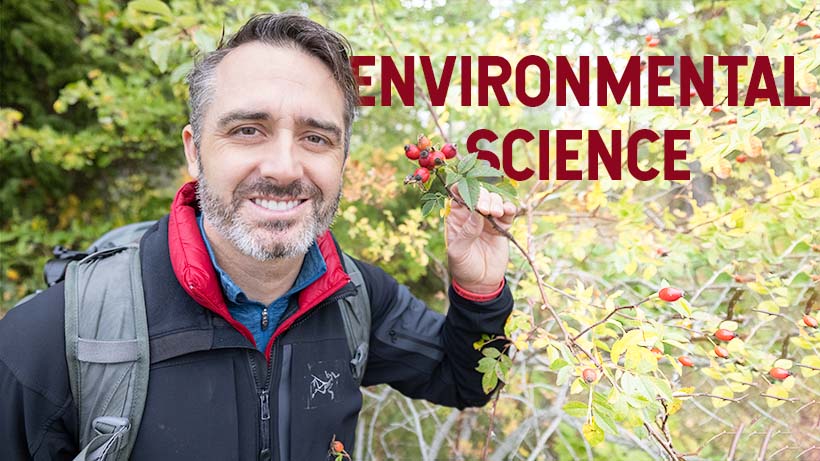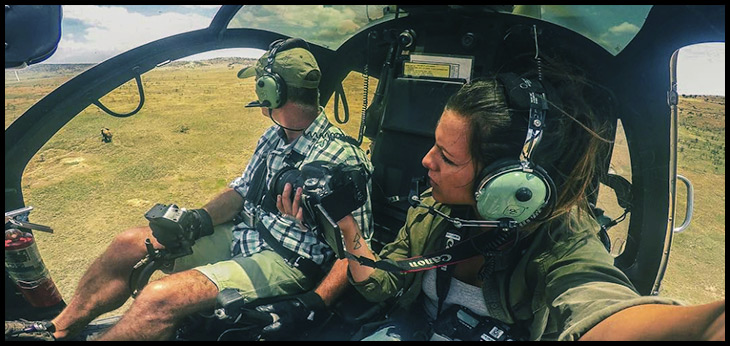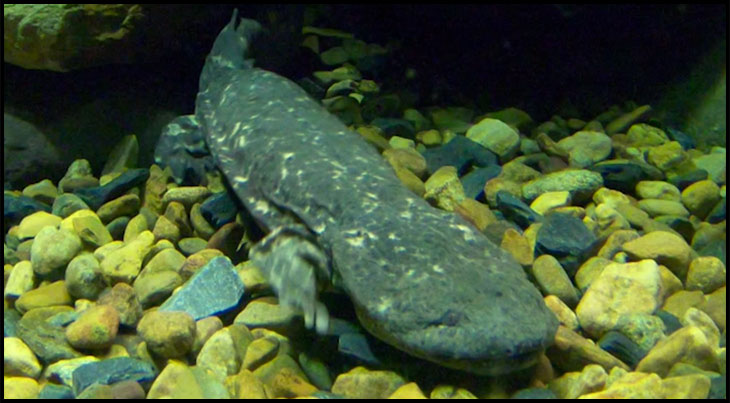What Can You do With an Environmental Science Degree
In this article, we will tell you what the Degree in Environmental Sciences is all about. In addition, we will see the profile of a student of this profession, what activities a graduate performs, what is their field of work, where you can study, and much more. If you are a nature lover, read on to learn more about this career.
Environmental sciences have emerged to improve the quality of land, water, and air, to manage resources, and to administer sustainable systems. In recent years, environmental problems due to the extreme use of resources have come to occupy a fundamental place in society’s concern.

Graduates in Environmental Sciences will have a biological profile, which means that their main area of study is related to identifying and studying the ecosystem, the substrate, the atmosphere, alterations, the hydrological system, and the relationship of all these with human activities, whether cultural, economic or social. This is a deep field and throughout your studies, you will write research papers to delve deeper into the profession. Moreover, you can even order term papers online if you realize that writing is not your thing.
Who can be interested in becoming an environmental scientist?
If you think that environmental sciences can be your thing, ecology and the environment should be one of your main concerns, the career of Environmental Sciences is composed of 2 main cores, on the one hand, the biological core composed of physics, chemistry, mathematics, zoology, ecology, botany, microbiology, genetics, geology, meteorology, among others, which provide scientific tools and methods.
On the other hand, there is the core of social sciences composed of sociology, economics, law, philosophy, and geography. These two areas combined provide tools for the evaluation, planning, administration, and conservation of natural resources and to seek solutions to the problems that exist today.
Environmentalists also have a multidisciplinary profile since they have to recognize multiple angles and perspectives from which to approach environmental problems.
What do graduates in Environmental Sciences do?
Being a profession that involves multiple areas, the professional activities of environmental scientists commonly overlap with the activities of professionals from other areas. However, there are certain jobs for which you will be uniquely qualified. For example:
- Identify deteriorating factors (water, air, and land pollution, global changes, etc.) that affect the functioning of ecosystems.
- Design, plan and manage environmental restoration and remediation plans.
- Identify and value ecosystem resources.
- Design and inspect environmental management plans in companies, public and private institutions.
- Design and develop environmental certification programs.
- Conduct environmental impact studies.
- Develop plans for the use, conservation, and protection of natural resources.
- Carry out inspections and verifications at the municipal, provincial, national, or regional level.

Advantages of studying Environmental Sciences
One of the notable advantages to take into consideration are the different fields in which you can develop as a professional, thanks to which you can obtain a larger number of job opportunities and at the same time specialize in the field that interests you the most.
It is an extremely rewarding career since one of the main objectives of the career is to improve the relationship between human beings and the environment, as well as to exploit natural resources in a sustainable way, thus cooperating in the care and restoration of our environment.
As it is a multidisciplinary career, Environmental Sciences will provide you with a wide range of knowledge such as mathematics, physics, chemistry, biology, as well as social and economic knowledge, which will allow you to get involved in other complementary jobs without any inconvenience.
There is the possibility of working under a dependency relationship or independently.
Another advantage we can find is that the knowledge offered by the career will allow you to work as a professional in any part of the world.

Disadvantages of studying Environmental Sciences
- Although governments and society, in general, are becoming aware of the impact on the environment, there are very deep economic interests that often do not allow you to develop the planning that you think is most convenient.
- It requires many years of study to obtain the degree.
- Many times the work of the environmentalist is not a work of action but rather of consulting and studies on the environment, so in certain situations, the final resolution will fall on those who hire you.
- Many of the subjects that you can find in Environmental Sciences are complex and require greater dedication, but you can ask for “write my essay” anytime and get help from the professionals.

Why is it important to have professionals in the area of environmental management?
Every profession makes its contribution in some way to society, and Environmental Sciences are no exception. They allow the problems of nature to be foreseen to avoid disaster situations and to be able to take actions in time to prevent them.
For several years now, the environmental agenda has been installed in society, especially in the younger generations that promote the sustainability of natural resources.
Graduates in Environmental Sciences seek ways to take advantage of each resource, without depleting it, and create awareness to minimize pollution. In addition, they are in charge of protecting biodiversity, which has been damaged in many parts of the planet. This is why the presence of professionals in this discipline is of vital importance for the future of the next generations.
































































































